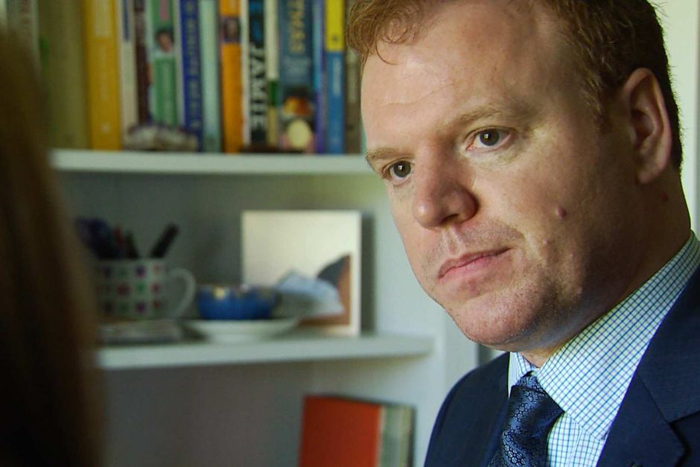The Morrison government’s tax changes are a line of least resistance, but there are big long term consequences.

It was a story made for our times, about the tax man literally seizing the money of unsuspecting people regardless of the impact on their lives.
You may recall the appearance of Richard Boyle, a suspended employee of the Australian Tax Office in Adelaide, on the ABC’s Four Corners last year.
He said that in June 2017 he and other staff were ordered to seize funds from the bank accounts of everyone assessed as being an ATO debtor, without exception. The action commonly requires the bank to continue sending money to the ATO whenever there is a new deposit into the account.
Last month counsel for Boyle, who wants the ATO’s conduct brought to account, told an Adelaide magistrate he would be pleading not guilty to 66 charges arising from his television revelations.
The story fits the old narrative that the money the ATO takes from our earnings actually belongs to us. Early this month the Morrison government gave it official recognition in the folksy subtitle of its latest tax bill, “Tax Relief so Working Australians Keep More of Their Money”.
That’s easy to say, but it’s claptrap. We can always object to the way money taken in tax is spent but that doesn’t make it ours, and dubious ATO practices aside, taxation is not theft. Public revenue belongs to the state.
If we expect to be taxed less we should expect less from government, but the notion of taxpayers’ money has led most Australians to believe that cutting taxes is always good and raising them always bad. Shared by politicians on both sides of the political divide, this mindset has made us one of the developed world’s lowest-taxing countries.
In 2018 the OECD put our tax-to-GDP ratio at 28.8 per cent, slightly above that of the US but well below the ratio in New Zealand, Canada and most of Europe, and little more than half that of some Scandinavian countries, where taxation is widely regarded as an investment in the public good.
Another Australian stand-out is the high proportion of income tax in our total tax revenue – over 40 per cent, nearly twice the OECD average – which means that lowering income tax has an unusually high impact on revenue. That may be why the ATO so zealously pursues revenue goals.
None of that may have seemed important to the government when it brought down this year’s budget with those tax sweeteners in early April, because the looming election looked like handing the budget burden to Labor. But an unexpected win leaves the ball in the Coalition’s court.
An additional stress on the government is its promise of budget surpluses from this financial year. I’m no financial whiz, but a lot of economists warn that after three straight quarters of weak growth and bad job numbers we need more public spending, not less, and the sooner the better.
Income tax cuts now taking effect for lower-and middle-income earners will help our faltering economy, but the legislation that allowed this year’s tax breaks also set up a tax time bomb primed to explode seven years from now.
Under the new act, much larger cuts for higher-income earners will take effect from July 2024. These have been officially estimated to cost the budget $95 billion over the six years to 2030.
Tight revenue goals have already led to excesses such as the behaviour of the Adelaide ATO branch. The added pressure of that legislated time bomb on future revenue collection can only be imagined.
Treasury, which used to take pride in giving frank and fearless advice to politicians often blinded by ideology, should have advised against the cuts. But years of stacking treasury ranks with compliant political appointees has left us without that vital counterbalance.
Further ahead the storm clouds only get darker. Today’s economic conundrums of stagnant wages, low consumption, stalled investment and surplus budgets will look like child’s play compared to the impact that climate change will have on public resources.
Signs are all around us that governments everywhere need to be preparing their systems and people for rising economic pressures from an increasingly disruptive climate. But to listen to the Coalition, no such signs exist, and if they do they can be managed with a bit of tweaking here and there.
Characterising the tax debate as class warfare or the politics of envy is missing the point. Those future income tax “reforms” will only exacerbate inequality. With nature turning on us the last thing we need is public wealth depleted for private gain, or open society replaced by gated communities.
The Morrison government could choose to accept the gravity of our situation and radically change course, which would lose it some skin and maybe even an election. But that would be far better than causing the whole country to crash in a mess of anger and confusion.
